Coptisine Sulfate
Coptisine sulfate is a sulfate salt version of coptisine, an alkaloid with antimicrobial, anti-inflammatory, and potential anticancer activities, derived from the Coptis genus, enhanced for solubility and pharmaceutical application.
Overview
Coptisine sulfate is particularly valued in the pharmaceutical and biomedical research fields for its improved water solubility compared to its base form. This characteristic facilitates its use in various aqueous solutions, enabling more straightforward administration and study in laboratory settings.
Coptisine Sulfate Key Features
– Enhanced Solubility: The sulfate salt form significantly increases coptisine’s solubility in water, making it more accessible for biological studies and therapeutic applications.
– Broad Pharmacological Activities: Exhibits a wide range of biological actions, including antibacterial, anti-inflammatory, and potential anticancer effects, mirroring the properties of the base alkaloid.
– Derived from Natural Sources: Isolated from the Coptis genus, which is known for its medicinal properties in traditional medicine systems.
Coptisine Sulfate Applications
– Antimicrobial Studies: Utilized in researching new treatments for bacterial infections, especially those resistant to conventional antibiotics.
– Anti-inflammatory Research: Investigated for its potential in managing inflammation and related disorders, due to its capability to modulate inflammatory pathways.
– Cancer Research: The anti-cancer potential of coptisine sulfate is explored through its effects on cancer cell proliferation, apoptosis, and tumor growth inhibition.
Coptisine Sulfate Functions
– Modulation of Cellular Pathways: Affects various cellular signaling pathways involved in inflammation, microbial infection, and cancer progression.
– Antioxidant Properties: May enhance the body’s antioxidant mechanisms, offering protection against oxidative stress.
– Specific Target Interactions: Interacts with enzymes and receptors in the body, influencing their activity to mediate its therapeutic effects.
Details
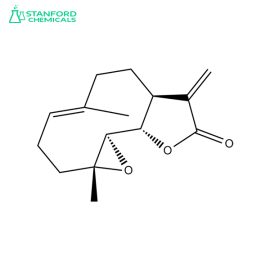
| Available Sizes | 30 capsules, 60 capsules, 90 capsules |
|---|---|
| Key Ingredient | High-quality, pure Parthenolide extract |
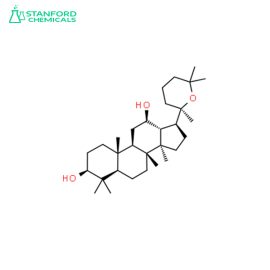
| Available Sizes | 30 capsules, 60 capsules, 90 capsules |
|---|---|
| Key Ingredient | High-quality, pure Panaxadiol extract |
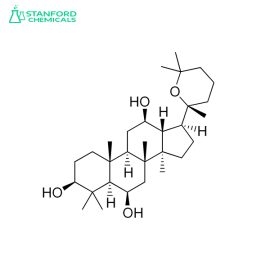
| Available Sizes | 30 capsules, 60 capsules, 90 capsules |
|---|---|
| Key Ingredient | High-quality, pure Panaxatriol extract |

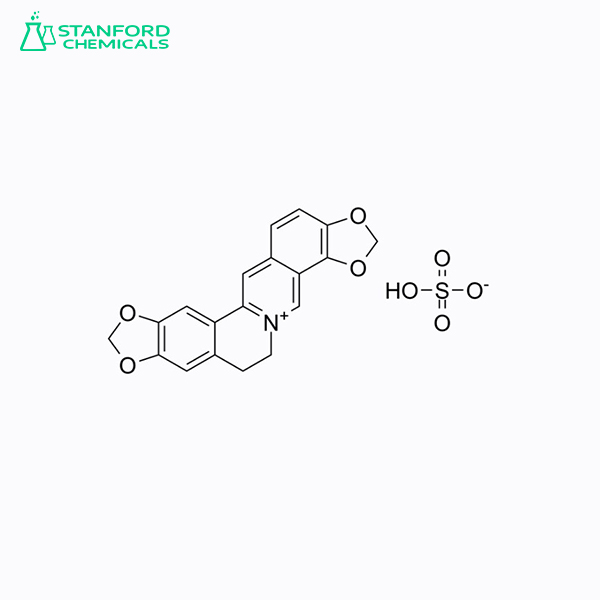
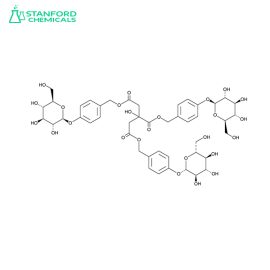
Reviews
There are no reviews yet.